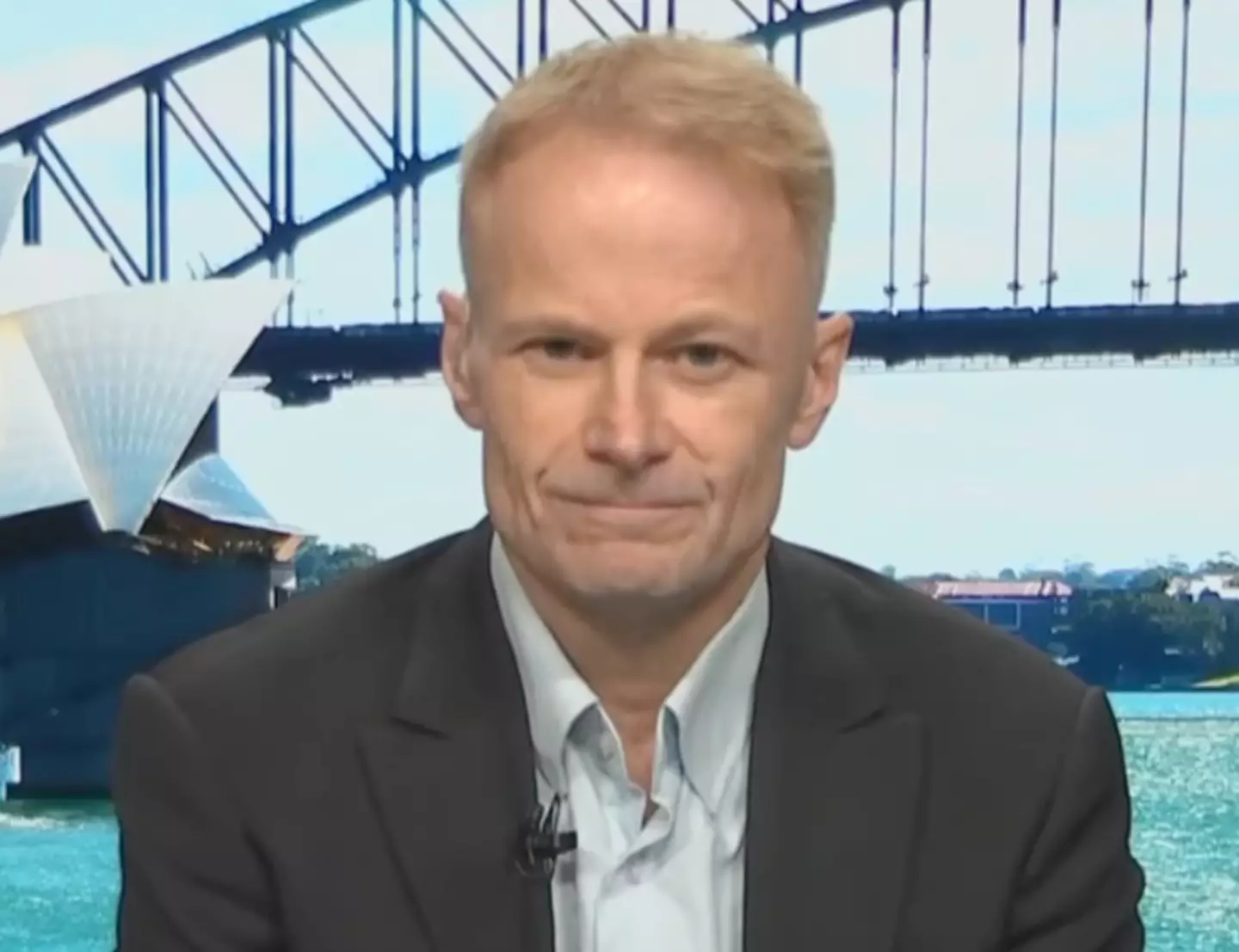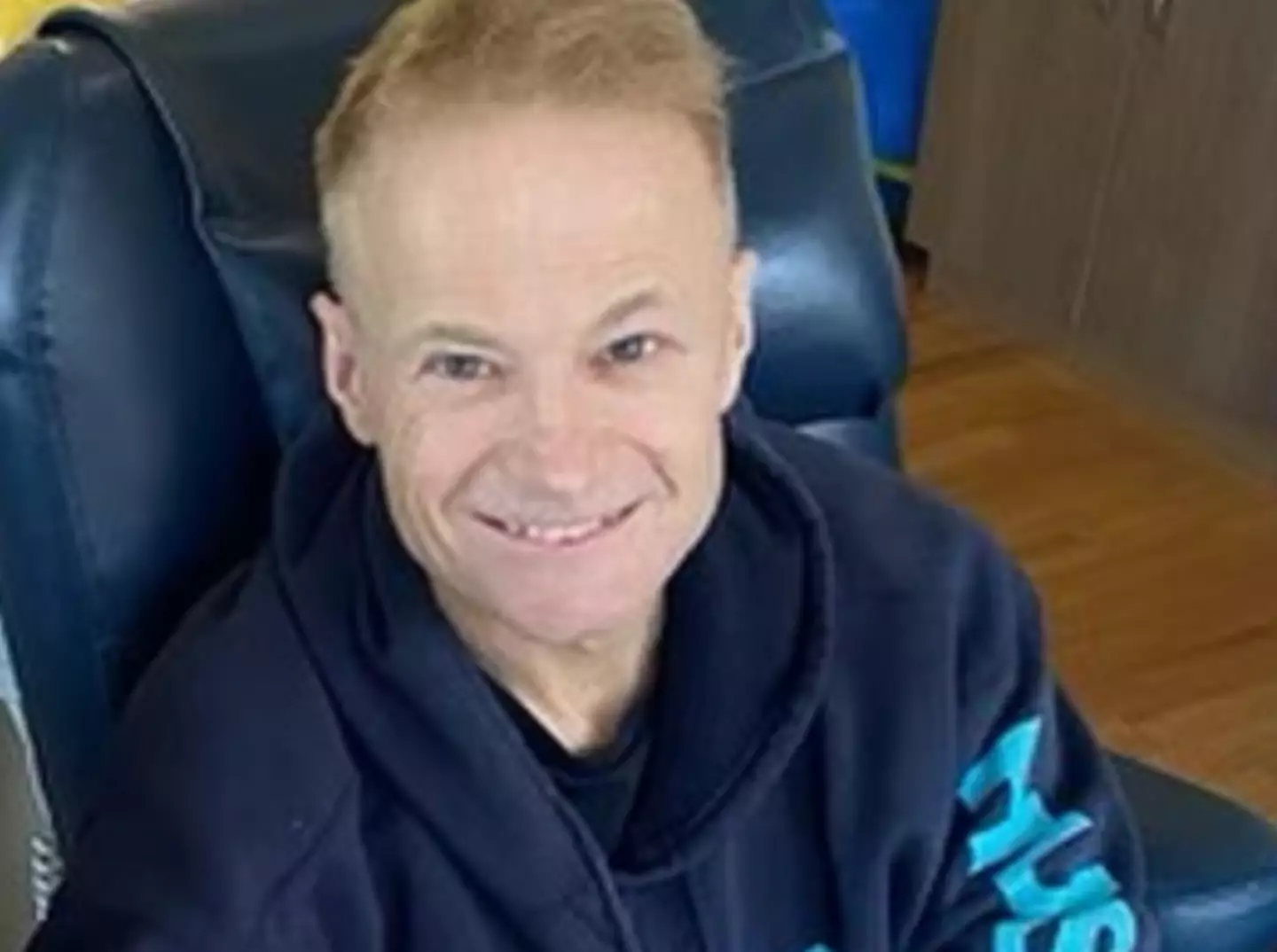.png)
A world-leading doctor facing 'certain death' due to a brain tumor has decided to make himself a guinea pig by undergoing a historic treatment.
Pathologist Richard Scolyer was very familiar with cancer, even before his diagnosis in June, thanks to his groundbreaking work in melanoma treatment alongside medical oncologist Georgina Long.
Scolyer's work with the team implemented the use of immunotherapy in melanoma patients and helped increase the 5-year survival rate from five percent to 55 percent, but now Scolyer is facing tough odds of his own.
Advert
At just 56-years-old, the doctor was diagnosed with glioblastoma; an aggressive and terminal form of brain cancer that could leave him with as little as six months to live.
Scolyet knew treatment for such cancer hadn't changed for 18 years, but was 'not happy to accept' whatever time the existing surgery, radiation and chemotherapy could potentially offer him.
READ MORE:
SCIENTISTS DISCOVERS 'KILL SWITCH' IN CANCER RESEARCH BREAKTHROUGH
BARTON COWPERTHWAITE REVEALS STAGE TWO GLIOMA DIAGNOSIS
"I want to do something that gives me a fighting chance against this tumor to see if we can make a difference," he told Australian Story.

One of Scolyer's biggest breakthroughs with his team was one of the world's first clinical trials in the use of combination immunotherapy before removing the melanoma.
Some patients were cured thanks to the treatment, but such an approach has never before been tried with brain cancer.
Scolyer has decided to be 'patient zero', despite the fact that if it doesn't work, he could die sooner than he would have originally.
"I might live longer," he pointed out. "And there's a small chance that I could be even cured."
Long, who described Scolyer as 'humble and generous', added: "We've taken everything, absolutely every bit of knowledge … that we've pioneered in melanoma, and we've thrown it at Richard's tumour."
The plan saw Scolyer receive a combination immunotherapy before having his tumor removed.
After surgery, he received more immunotherapy as well as radiotherapy, but no chemo. He's also receiving a vaccine personalised to combat his tumor.
The immunotherapy is intended to seek out the tumor, allowing it to continue working on any remaining cancer cells left behind after the surgery.

Scolyer didn't hesitate to accept the offer of the treatment, saying: "It's not a hard decision to make when you're faced with certain death. I'm more than happy to be the guinea pig to do this."
Though Scolyer is hopeful the treatment could extend his life, he also hopes that the data collected from his treatment will 'blow open' the field of brain cancer treatment.
Late last month, Scolyer shared the results of his six-month scan, which was found to be 'stable or possibly even better than 2 months ago'.
It's encouraging news, but Scolyer and Long have stressed there's a long way to go yet.
Long explained: "What we want is this in another few months, another two or three scans. If it stays like this, then we can really, really celebrate. But at least we can celebrate today."
Going forward, Scolyer will continue to receive injections of the vaccine over the next 12 months, as well as receiving immunotherapy.
Topics: World News, Health, Cancer, Australia